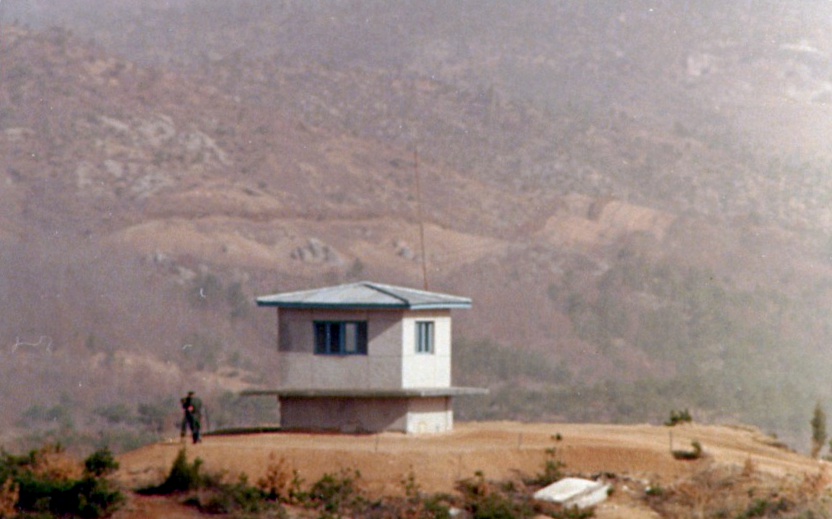joshuadim
the writer
"The fear of life is the favorite disease of the 20th century." - William Lyon Phelps
As the sole remaining superpower, the United States oversees the world as its leader politically, economically, and militarily as the Cold War had ended and all seemed well. Although the behemoth of the Soviet Union has disappeared from the global stage, the world remains a fragile place still. Tension still remain in the everlasting battle for ideological supremacy while instability and civil wars rage throughout the Arab world. And key problems still face the world such as wealth inequality, nuclear weapons, and perhaps most insidious: global warming. Humanity's progress and industrialization has led to unchecked levels of environmental destruction as carbon dioxide is released into the air in record amounts and ecosystems become more and more polluted as the earth grows warmer. Yet, there are those that would seek to deny such facts for their own personal gain and stand to profit off of politicizing the issue. In this new era of peace, can the nations of the world stand together to tackle the challenges set before them? Or will things continue to degrade for the worse?
-------------------------------------------------------------







-----------------------------------------------
Turn Format
10 line limit
Diplomacy:
External:
Domestic:
Military:
Technology: (Not included in the 10 line limit)
Espionage:
Turn 1 due by July 12!

























